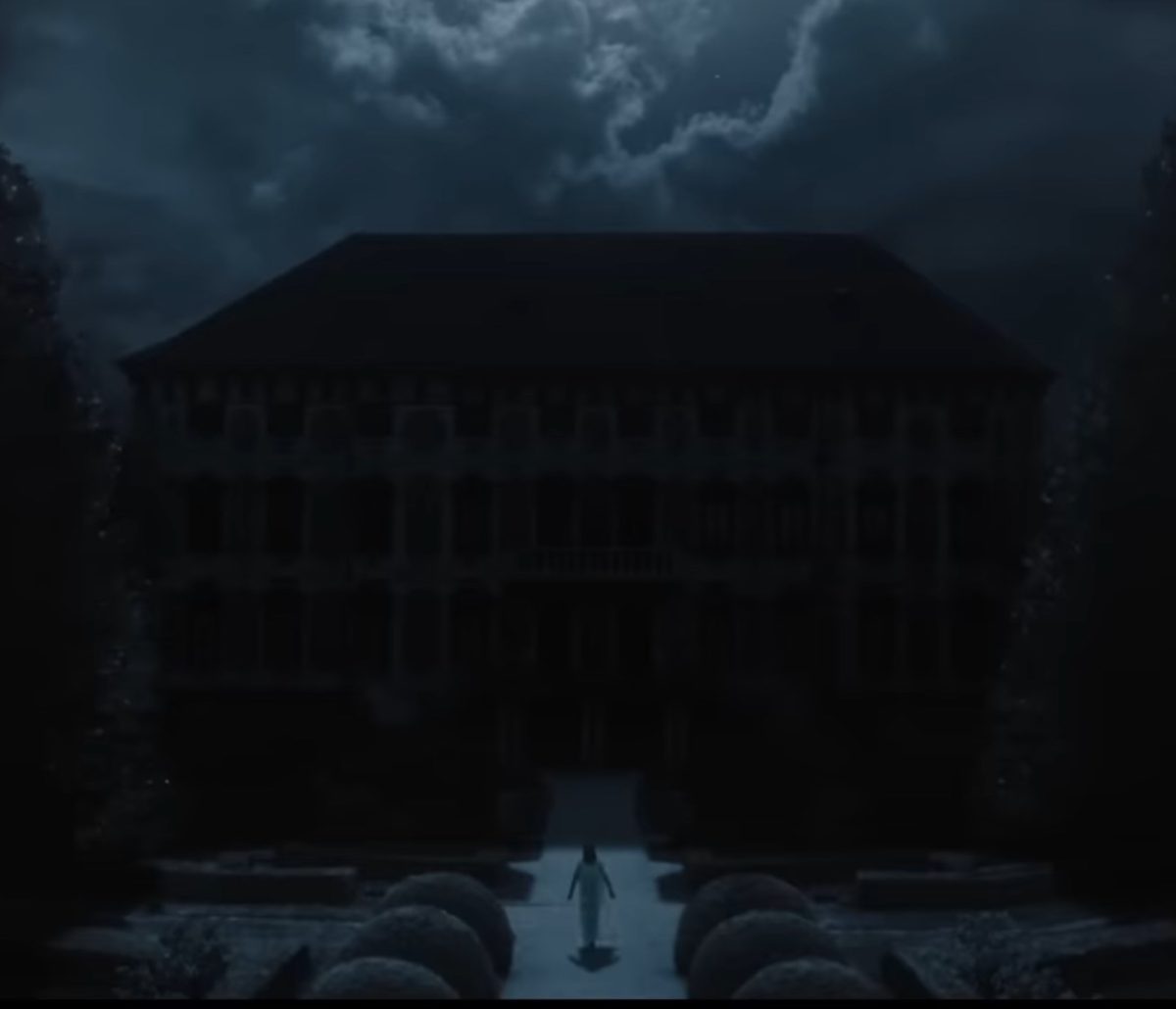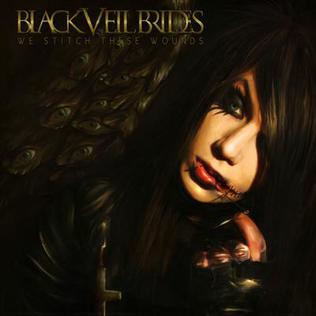I recently saw Robert Eggers’ “Nosferatu” in theaters, and I had so many thoughts on it that I decided I would just have to write an article about it.
“Nosferatu” was released on Dec. 25, 2024 (in the U.S.), and is an adaptation of both Bram Stoker’s novel, “Dracula” (1897), and F. W. Murnau’s silent film, “Nosferatu: A Symphony of Horror” (1922). Eggers, the director of the film, also has the movies “The Witch,” “The Lighthouse” and “The Northman” under his belt, so it should be no surprise that “Nosferatu” did so well.
The critics at Rotten Tomatoes gave the film an 85%, and those at IMDb gave it a 7.7 out of ten. I personally gave it a four out of five stars, to probably no one’s surprise. Those four stars came from the combination of solid acting, the gothic setting and mood and the effective suspense of the movie.
In case anyone hasn’t figured it out by now, “Nosferatu” is predominantly a horror movie, though it does include strong elements of drama as well. It is a story about obsession; specifically, how dangerous it is to catch a vampire’s eye. The film suggests that we might see gothic horror make a comeback in the 2025 box office, and, after seeing it, I really hope it does.
The setting, which alternates between a town in Germany and the Count’s home of Transylvania, does wonders for the movie’s gothic atmosphere. Scenes of gray cobblestone walls and rooms lit by candlelight not only portray the time period, but are also often symbolic of pieces of the film (whether that be the characters, the state of the conflict or the plot itself). The costumes are also timely and beautiful–apart from Count Orlock’s of course, his is terrifying.
The actors in the film are another strong suit brought by Eggers. Count Orlock (the “nosferatu”) is played by Bill Skarsgard; a wonderful choice considering Skarsgard’s background in playing the antagonist, Pennywise, in “It” (2017), and “It: Chapter Two” (2019). Skarsgard really brings the original iteration of “the vampire” back into the spotlight, even though he’s primarily clouded in shadows during the movie.
Meanwhile, the source of Orlock’s obsession, a woman named Ellen, is played by Lily-Rose Depp. Depp is mostly known for her part in “The Idol” (2023), but delivers a completely different performance in “Nosferatu.” There were multiple scenes in which Depp’s character was “possessed” or in a sort of trance, which, to me, really showed her range and acting ability. With these two actors taking the lead, the film was already set up for success, though Depp and Skarsgard can’t take all the credit.
“Tell me, does evil come from within us? Or beyond?”
Ellen says this line around the midpoint of the movie, and it is a perfect representation of the heavy, valuable dialogue the audience is treated to throughout. Of course, I can’t give Eggers all the credit for this insightful writing; his work is based off of two other prominent works of media, afterall. Still, that doesn’t take away from the impact those lines have at the moment. They make the situation feel so much more realistic and plausible, in spite of the supernatural elements in play. They also serve to create another layer to the “gothic horror” of it all, which I have to give them props for.
This all being said, I couldn’t give “Nosferatu” the full five stars for a few other reasons.
The plotline was wonderful, but I couldn’t help but notice the inconsistencies of it. To avoid giving too much of the movie away, I’ll have to be vague with this ‘plot hole’, but just know that it’s there (and decently noticeable).
A large part of the plot is obviously Count Orlock wanting to be with Ellen, and he goes through a great deal of hoops to try to get to her. These ‘hoops’ make up many of the story’s plot points, but, unfortunately, I don’t find most (if any) of them necessary. Orlock is presented as this supernatural being with untold power, and specifically that over humans. However, for some reason, he decides to create extra steps for himself instead of just leading Ellen straight to him. Did he do it for the drama? Is he just that much of a diva? No one knows, because it’s never really explained.
Besides that, my friend, and fellow associate editor, Emmalee Martyak, pointed out that despite most of the characters being from Germany and living there, their accents seem a lot more british than anything else. Martyak believes that the reason for this is, “that the primary audience is likely Americans, who are usually believed to be out of touch with the rest of the world; too out of touch to notice the difference? Apparently.” I, on the other hand, think that this might’ve been done in order to make a greater juxtaposition between their voices and Count Orlock’s, thus making Orlock’s even more effective.
I was also not a fan of some of the roles in the film. For example, Willem Dafoe’s character, Professor Franz, is the complete stereotype of the ‘crazy scientist (who no one believes until it’s too late)’. Of course, Dafoe does wonders for the character anyway, but I’m still a little mad he didn’t get a whole lot to work with. The stereotyping made the story feel flatter than it should’ve and more predictable for audiences.
However, on the whole, “Nosferatu” had more good traits than bad.
The final aspect that made me rate “Nosferatu” so highly was that, despite it being a “remake,” it felt new and profound. It wasn’t just a redo of “Dracula” or “Nosferatu: A Symphony of Horror,” though it did obviously have elements of them. Eggers successfully combined the old with enough new that he ended up creating something impactful and passionate. Just by watching it, I can tell that everyone involved wanted it to be great, and that might be the most important part to every piece of media on the market.









